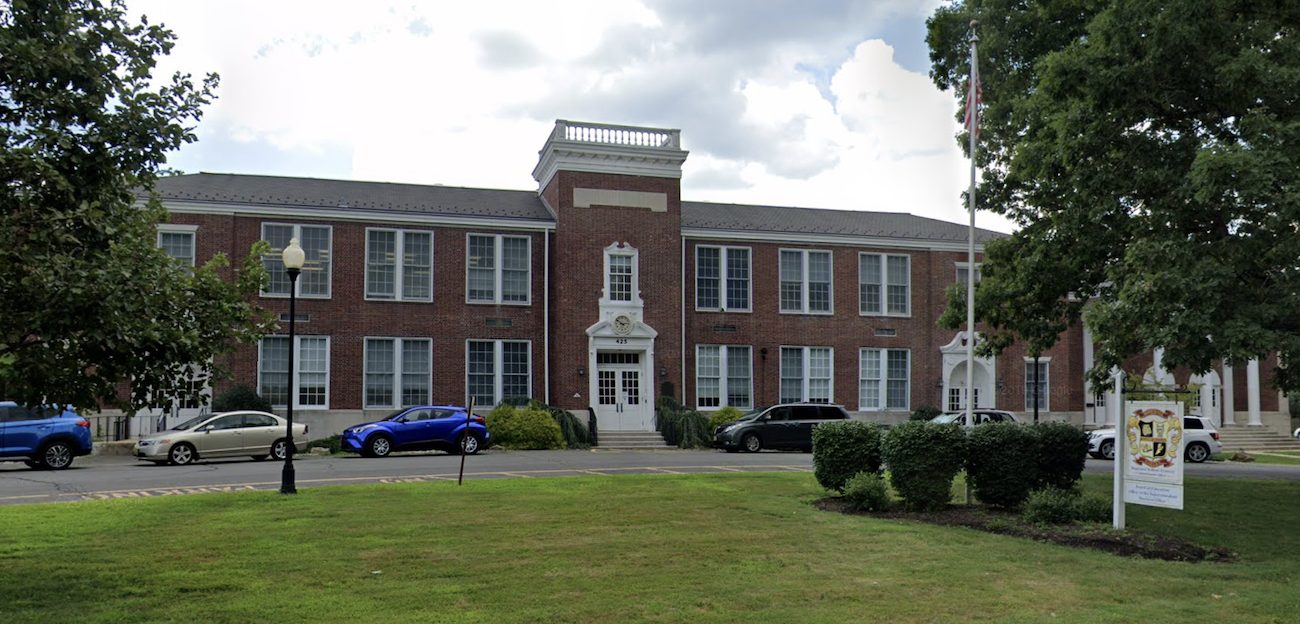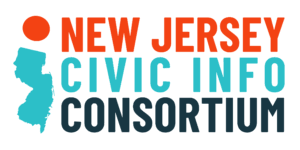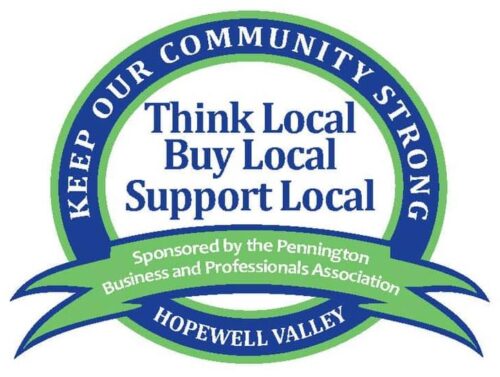Value local news?
Hopewell Valley counts on MercerMe for daily reporting. But quality journalism takes time, care, and resources—and it only continues with your support.
What You Get:
1. Exclusive Archives: Dive into 10 years of Hopewell Valley’s history.
2. Insider’s Scoop: Our monthly newsletter with behind-the-scenes updates and exclusive content.
Your support keeps Hopewell Valley informed, engaged, and connected. Together, we’re shaping a stronger community narrative, one impactful story at a time.
Amie Rukenstein
Amie lives in the recently-restored oldest structure in Titusville and has worked for MercerMe since August 2019. She is CFO of a company that manages affordable housing, and trustee of several non-profit organizations. Amie received her BA in Political Science from Marist College and her JD from Brooklyn Law School. She is currently pursuing a MLS at Rutgers Graduate School- Camden.








